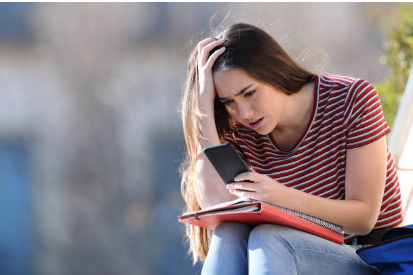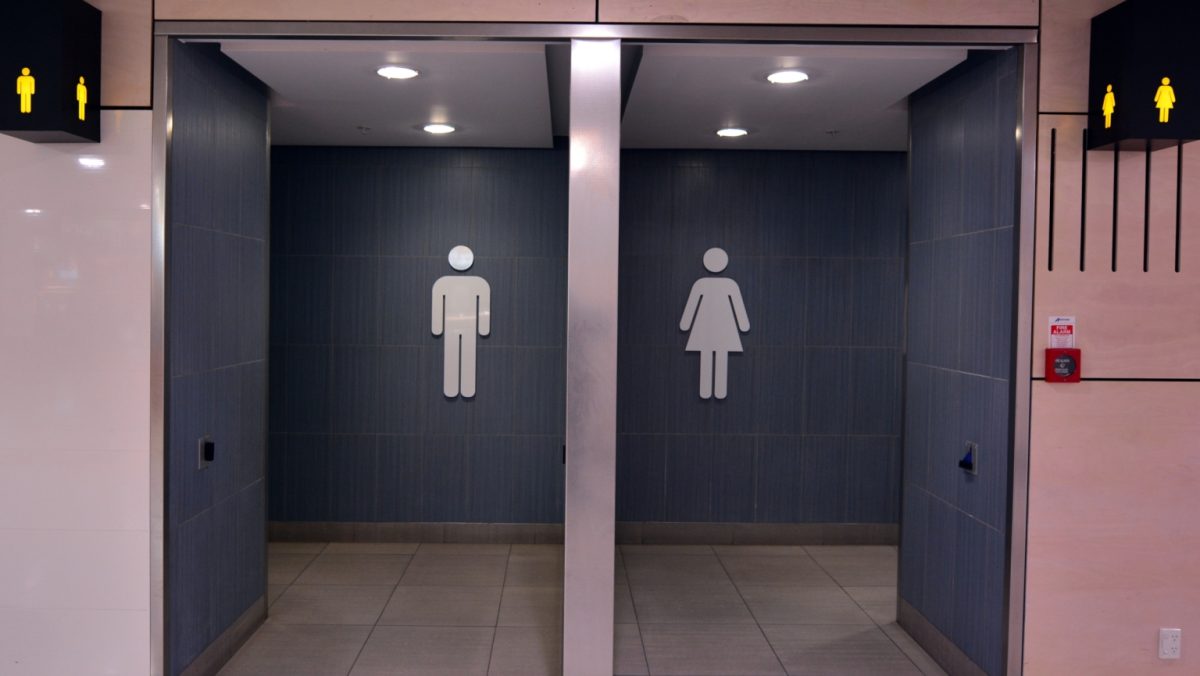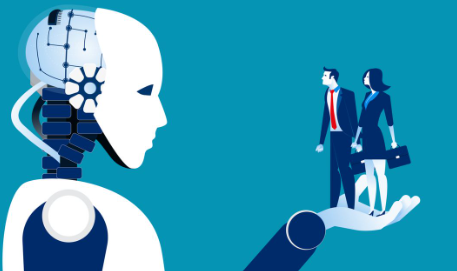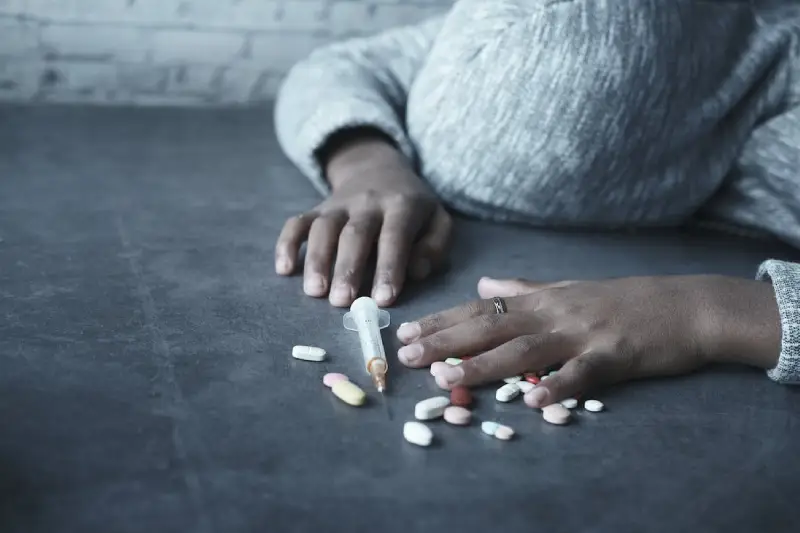
From iStock
Social media is a big part of everyone’s lives these days. It’s how to keep in contact with friends, post updates about your life and so much more. “According to recent research, people spend 2.3 hours daily on social media.” Spending that much time on these self diminishing apps can be detrimental to someone’s health; both mentally and physically.
In a recent study conducted by the Pew Research Center, 69% of adults and 81% of teens in the U.S. use social media. It’s very easy to become addicted to something, and although addictions and habits are different, it takes the same amount of time (roughly 30 days) to become addicted to something as it does to make something a habit. Some of the teens and adults that are consistently on these apps for hours a day every day, have exceeded that amount of time, and the line between habit and addiction is becoming thinner by the day.
Using social media platforms on a daily basis for as long as most people do can lead to tremendous stress, which could potentially lead to depression and delayed sleep. ”A 2018 British study tied social media use to decreased, disrupted, and delayed sleep, which is associated with depression, memory loss, and poor academic performance. Social media use can affect users’ physical health even more directly.”
”Concerns have been raised that social media may lead to body image dissatisfaction, increase the risk of addiction and cyberbullying involvement, contribute to phubbing behaviors, and negatively affects mood.” If you’re just scrolling on Instagram and see a post of someone with a desirable body, or face, and you compare yourself to them and compare their amount of likes with yours, that could turn into a spiral of sadness and off-putting thoughts.“If you post a picture hoping to receive likes or comments and don’t get the feedback you desire, you may feel disappointed or invalidated.” When a person posts a picture, he or she is looking for validation from peers. That person has an expectation already set as soon as he/she hits the blue button at the top right hand corner.
Even though social media is a huge part of most people’s daily routine, it plays an even bigger role in the mental and physical health of its users. It sets impossible standards that people think they need to follow in order to be desirable or to “fit in.” Users shouldn’t be comparing themselves to others, no matter what.






































